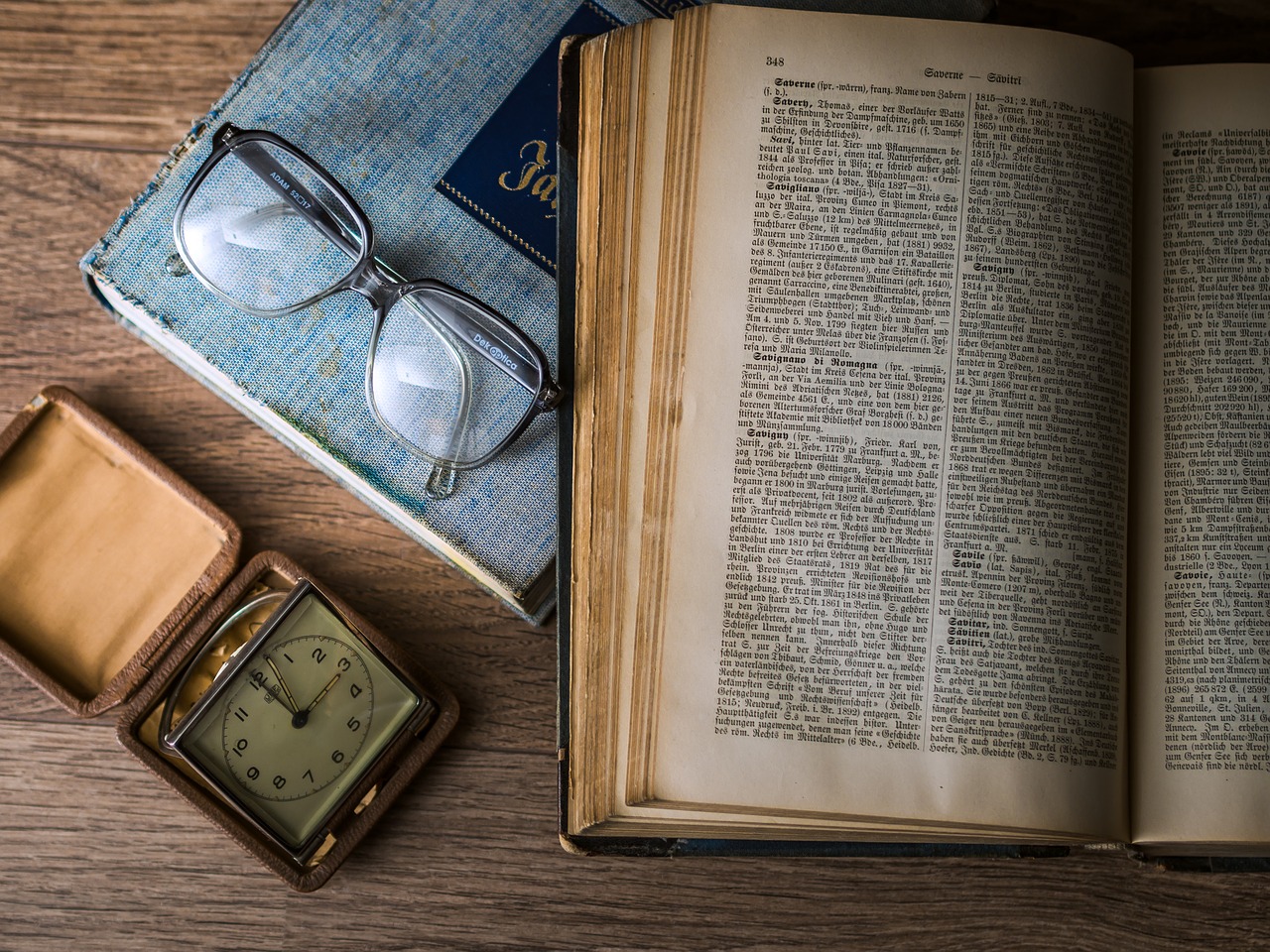17 Questions to Ask When Researching for Your Novel

by Sarah Sundin
When I started writing my first World War II novel, I thought I just needed to read a history book, find some cute outfits for my heroine, and have her hum a popular tune.
You may now stop laughing.
Those initial research questions ended up raising more questions. I fell in love with the era and longed to bring it alive with thorough research.
Here are seventeen questions to ask when conducting research for historical fiction. Many are also useful for contemporary novels and when building a story world for fantasy or science fiction. You will not need deep research in every area, but you should be aware of them.
- Historical events
You need to know the events occurring in your era. Even if your character isn’t directly involved, she will be affected by them. Be familiar with the preceding era too. - Setting in historical context
You may know your setting now—but what was it like then? Towns grow and shrink, businesses and streets change, ethnic groups come and go. - Schooling
What was the literacy level? Who went to school and for how long? What did they study? If your character breaks the mold (the peasant who reads), how did this happen? - Occupation
Although I’m a pharmacist, writing about a pharmacist in WWII required research. How much training was required? What were the daily routines, tools, and terminology used, outfits worn? How was the occupation perceived by others? - Community Life
What clubs and volunteer organizations were popular? What were race relations like? Class relations? - Religious Life
How did religion affect personal lives and the community? What denominations were in the region? What was the culture in the church—dress, order of service, behavior? Watch out for modern views here. - Names
Research common names in that era and region. If you must use something uncommon, justify it—and have other characters react appropriately. Also research customs of address (“Mrs. Smith” or “Mary”). In many cultures, only intimate friends used your first name. - Housing
What were homes like? Floor plans, heating, lighting, plumbing? What were the standards of cleanliness? What about wall coverings and furniture? What colors, prints, and styles were popular? - Home Life
What were the roles of men, women, and children? What were the rites of courtship and marriage? Views on child rearing? How about routines for cleaning and laundry? - Food
What recipes and ingredients were used? How was food prepared? Where and when were meals eaten and how (manners, dishes)? - Transportation
How did people travel? Look into the specifics on wagons, carriages, trains, automobiles, planes. What was the route, how long did it take, and what was the travel experience like? - Fashion
Most historical writers adore this area. What were the distinctions between day and evening clothing, formal and informal? How about shoes, hats, gloves, jewelry, hairstyles, makeup? Don’t forget to clothe the men and children too! - Communication
How did people communicate over long distances? How long did letters take and how were they delivered? Did they have telegrams or telephones—if so, how were they used? - Media
How was news received? By couriers, newspapers, radio, movie newsreels, TV? How long did it take for people to learn about an event? - Entertainment
How did they spend free time? Music, books, magazines, plays, sports, dancing, games? Did people enjoy certain forms of entertainment—or shun others? - Health Care
Your characters get sick and injured, don’t they? Good. How will you treat them? Who will treat them and where? What were common diseases? Did they understand the relationship between germs and disease? - Justice
Laws change, so be familiar with laws concerning crimes committed by or against your characters. Also understand the law enforcement, court, and prison systems.
Don’t get overwhelmed or buried in research. Remember, story rules. Let the story guide your research, and let research enrich your story. Your readers will love it.
Originally published by FaithWriters, October 8, 2012, http://faithwriters.com/blog/2012/10/08/historical-research-seventeen-questions/.
 Sarah Sundin will be teaching a Fiction Morning Mentoring Clinic and a workshop on “Historical Research without the Headaches.” She is the author of nine historical novels, including Anchor in the Storm and When Tides Turn (March 2017). Her novel Through Waters Deep was a finalist for the 2016 Carol Award, won the INSPY Award, and was named to Booklist’s “101 Best Romance Novels of the Last 10 Years.” A mother of three, Sarah lives in California. www.sarahsundin.com.
Sarah Sundin will be teaching a Fiction Morning Mentoring Clinic and a workshop on “Historical Research without the Headaches.” She is the author of nine historical novels, including Anchor in the Storm and When Tides Turn (March 2017). Her novel Through Waters Deep was a finalist for the 2016 Carol Award, won the INSPY Award, and was named to Booklist’s “101 Best Romance Novels of the Last 10 Years.” A mother of three, Sarah lives in California. www.sarahsundin.com.
Click here for more information about the Mount Hermon Christian Writers Conference.



Fantastic list of questions!!! Great stuff!!!
Thanks, Peter!
Great list of questions, Sarah! I’ll have to keep it handy. Thank you! 🙂
Thanks, Angela! I’m glad it’s useful.
Very pertinent topics.
Under Transportation, I’d include animal use & care (maybe pets, too)
Under Home life, what was permissible conversation; any taboos? I suppose
courtship & marriage rites include sexual more’s.
Perhaps some of this falls under Community life.
And science progress of the era under Occupation.
So much to consider. Thanks for the help.
Mac
Thanks, B.D.! Great additions – I had a word-count limitation 🙂